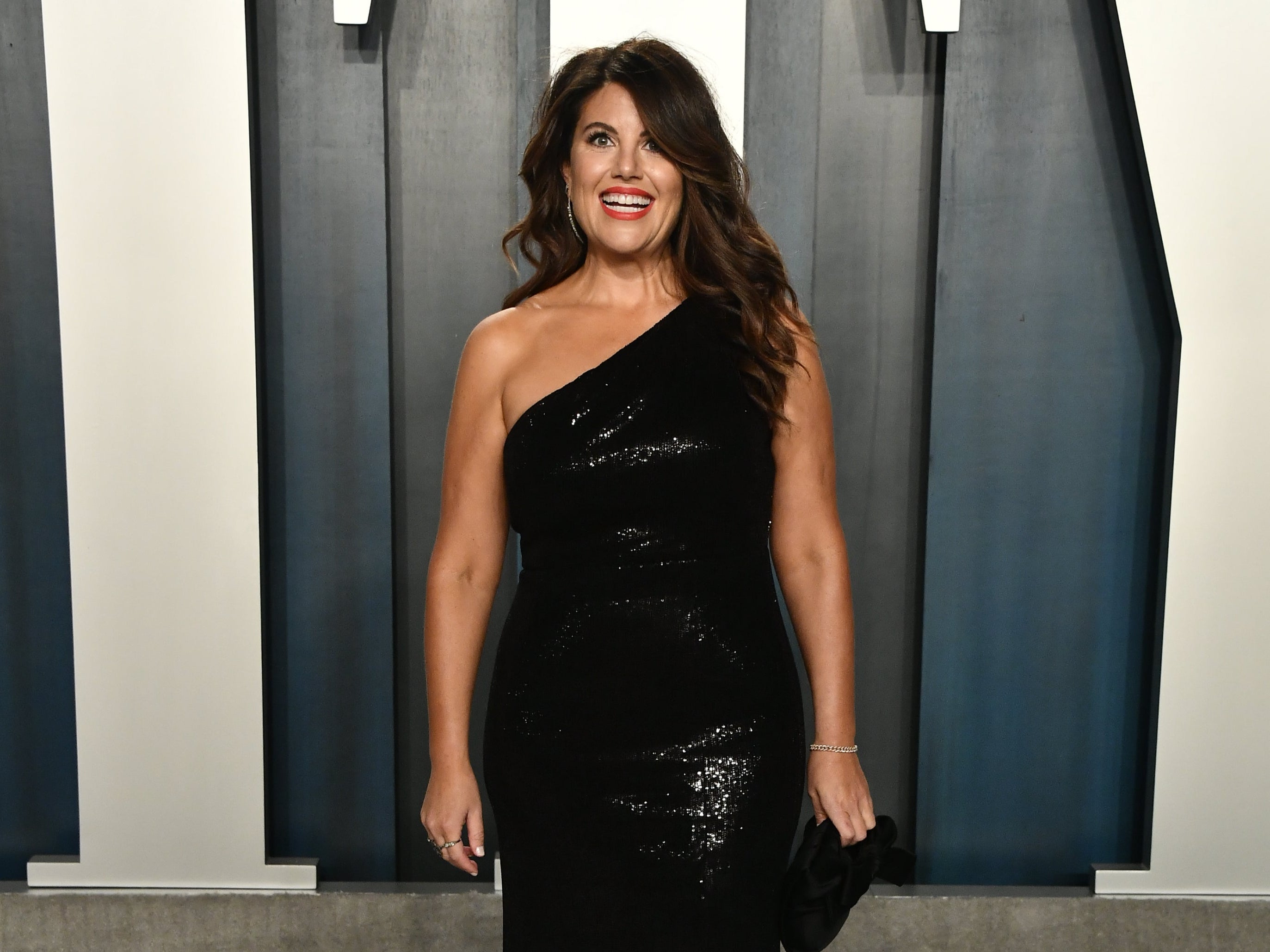Monica Lewinsky recalls attempted car-jacking while opening up about importance of therapy
Lewinsky says US should appoint mental health version of Dr Anthony Fauci

Your support helps us to tell the story
From reproductive rights to climate change to Big Tech, The Independent is on the ground when the story is developing. Whether it's investigating the financials of Elon Musk's pro-Trump PAC or producing our latest documentary, 'The A Word', which shines a light on the American women fighting for reproductive rights, we know how important it is to parse out the facts from the messaging.
At such a critical moment in US history, we need reporters on the ground. Your donation allows us to keep sending journalists to speak to both sides of the story.
The Independent is trusted by Americans across the entire political spectrum. And unlike many other quality news outlets, we choose not to lock Americans out of our reporting and analysis with paywalls. We believe quality journalism should be available to everyone, paid for by those who can afford it.
Your support makes all the difference.Monica Lewinsky has recalled being the victim of an attempted car-jacking while opening up about the importance of therapy and mental health amid the coronavirus pandemic.
In a new article for Vanity Fair, Lewinsky explains that the incident occured on 10 March 2011 when she was driving home from a concert in Los Angeles.
According to the 47-year-old, during the drive home, she pulled over on a well-lit street a couple blocks from her apartment to focus on a phone conversation with a friend - acknowledging that she felt she was “safe” at the time after analysing her surroundings.
However, after a few moments, Lewinsky said she heard a car pull up behind her, and then voices, before a man walks up to her car door.
“My side-view mirror reflects a steady stream of light, until it is cut off. Someone is standing outside my car door. He is wearing a widely striped, bright turquoise and gray sweatshirt. I assume he wants directions, but I am alone, and it is nighttime,” she recalled. “As I am about to shoo him away, I look up into his face. It is then I see a menacing look about him, and as I glance away I notice something other than the brightly coloured sweatshirt.
“He is gripping a gun, brandished at his waist. I am looking straight down the barrel of A Gun.”
According to Lewinsky, she felt “pure terror” in the moment and imagined herself being shot. Instead, she said the man told her: “Get out of the car, bitch!”
Upon realising that her car was surrounded by a group, Lewinsky said she was jolted “into survival mode” at which point she was able to drive away safely.
While she escaped the situation physically, Lewinsky said the experience impacted her mental health and forced her to question: “How can I trust the world again?”
To navigate her feelings, Lewinsky said she sought therapy to help her “navigate the new normal” - before explaining how similar guidance could be helpful amid the coronavirus.
“I have been in therapy for years. And I’m sure you wouldn’t be surprised to learn that after that night I needed additional counseling. The trauma required someone to walk me through both the shock and terror of a potentially deadly experience: an expert who could help me begin to navigate a new normal,” she wrote. “In an instant, I had entered a world that would never be the same for me again, and yet, yet, I also wanted to be able to move into this new world - and function.
“There was anxiety, depression, and fear.”
According to Lewinsky, the incident has since become a metaphor for the pandemic, because we’ve all “been threatened with death and disruption brought on by the coronavirus”.
And while she acknowledges that she could have moved forward from the attempted car-jacking without therapy, she said having that help “made a world of difference in metabolising the trauma of the experience and navigating a new terrain.”
In the article, Lewinsky advocates for the appointment of a mental health commissioner, or “in other words, a mental health version of Anthony Fauci,” who could offer guidance for those struggling with anxiety or depression amid the pandemic.
Acknowledging that we know the safety precautions around the spread of coronavirus, she asks: “But what are the rules for taking care of our mental health? How do we allay the underlying anxieties that, obvious or hidden, impact our minds, our nervous systems, our feelings?”


Join our commenting forum
Join thought-provoking conversations, follow other Independent readers and see their replies
Comments